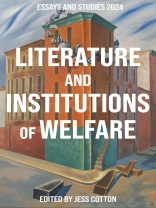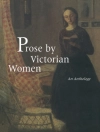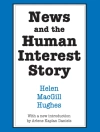Perspectives on the ways in which welfarist ideology has underpinned the teaching, reading and production of literature from the 1930s to the present.
The welfare state in Britain established a new level of access to literature as a public good alongside other national resources that were grounded in a principle of democratic egalitarianism: the National Health Service, secondary education, promises of full employment and new housing structures. This volume charts the impact of the founding of the welfare state on the teaching, reading and production of literature, and the legacy of this social democratic vision of literature, from the 1930s to the present day; it is especially concerned with the representational possibilities, the social arrangements and political claims that welfare makes possible. Individual contributions consider the ways in which the history of literature is related to the history of welfare; and how it shaped the literary culture that emerged during these years; and how literature has communicated the value and character of the welfare state, moving, like the literature they examine, between a disenchantment with the institutions of welfare and an urgent need to articulate welfare’s vision of social repair. Amongst the particular authors discussed are Raymond Williams, T.S. Eliot and Caryl Phillips, as well as an evaluation of the publisher Virago’s contribution to the women’s movement.
Inhoudsopgave
Introduction –
Jess Cotton
1. Reading and Reality –
Josie Billington
2. Instruments of Imagined Power: New York’s Living Newspaper Unit and the Theatre of Welfare –
Matthew Holman
3. Affective Publishing Histories: Virago, the Women’s Movement and the Welfare State, 1975-1990 –
Helen Charman
4. Consent or Dissent? Poetry and the British Welfare State –
Gareth Farmer
5. How To Be a Marxist Thief: How Raymond Williams Read T. S. Eliot –
Beci Carver
6. The Ethics of Attention in Christine Brooke-Rose’s
Out –
Sarah Bernstein
7. Dreaming of Welfare: Doris Lessing, the Good Neighbour and the Sociological Imagination –
Jess Cotton
8. Welfare Fictions and the Brixton Uprising: Beryl Gilroy’s
Black Teacher and Caryl Phillips’s
The Final Passage –
Lara Choksey
9. The Disciplines of English and the Ideals of Welfare in Ireland in the 1980s –
Neil Vickers
Index
Over de auteur
JESS COTTON is a Leverhulme Early Career Fellow at the University of Cambridge, UK.












